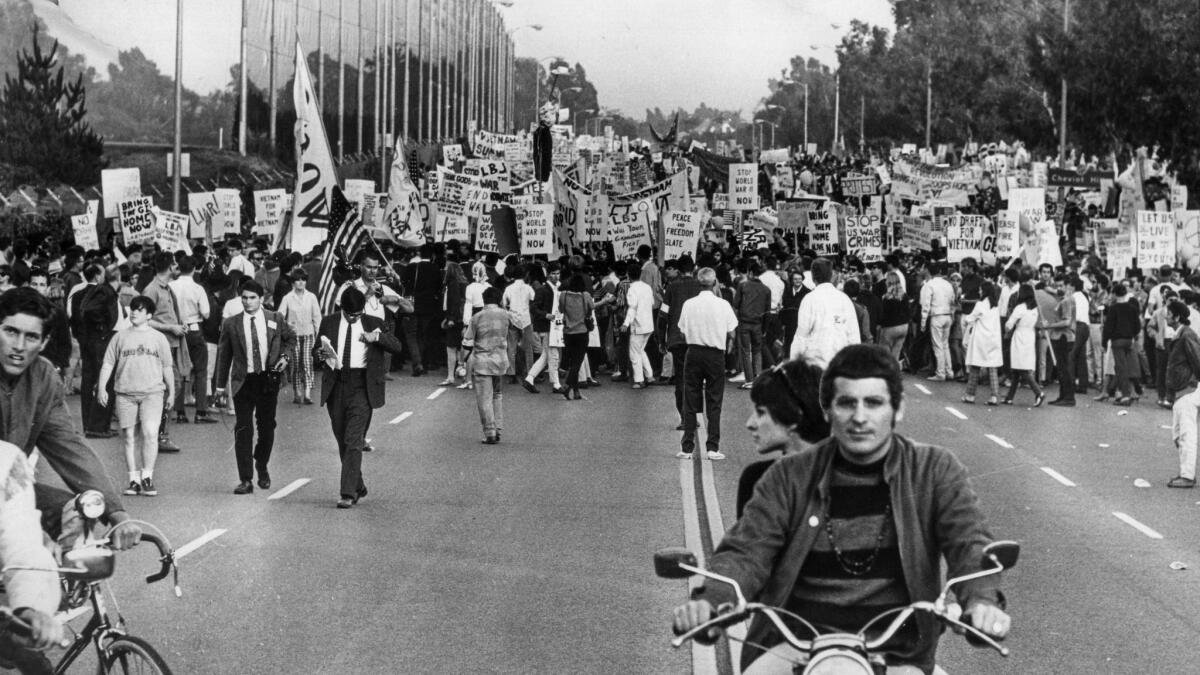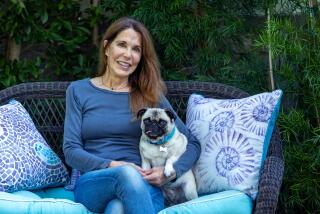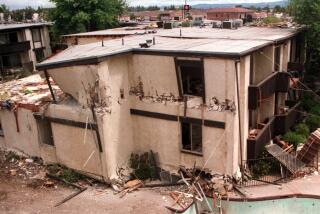Op-Ed: My dad and I fought a war over Vietnam. Those battles made me a journalist and a better father

Mingled with the many fond memories I have of my father, Richard H. Bowden, is the vein in his neck that swelled whenever he flushed with fury at my obstinacy. This was in my teenage years when we disagreed about … everything.
These differences peaked in arguments over the then-raging Vietnam War. He supported the war; I was against it. Neither of us knew enough, frankly, to hold a strong opinion on the matter, but strong opinions we had. The disputes ran deeper than the war itself. I belonged to a privileged, spoiled, rebellious generation; he belonged to one that had fought in World War II and the Korean War and which believed firmly in the rightness and might of the United States of America.
In that sense, our clashes were tribal. A big part of my dad’s fury was the recognition that I, his third child and second son, lovingly nurtured and raised in the comfortable suburban home he provided, somehow seemed no longer one of his kind.
He was a smart man, college educated; a successful businessman; a devout Catholic; and a man of great decency. I am now the age he was when he died suddenly of a pulmonary embolism in 1992. To this day, when I’m faced with a difficult situation I first try to imagine what he would have done. I have raised five children and have been through my own battles with rambunctious teenagers, so I have lived on both sides of that tribal divide.
Like all of the best people, my dad never stopped learning. He was always prepared to change his mind.
Our fights over the war lasted for about five years, through my high school and into my college years. They usually began at the dinner table, much to the distress and annoyance of the rest of the family. My mom would urge both of us to back down or shut up or both. I remember one of my exasperated younger brothers telling me at one point, “Why bother arguing with him? Just agree with him. You’ll never change his mind anyway.” But I’m glad I didn’t. For better or worse, as I grew older, my dad always knew where I stood and, more important, that I was leveling with him. There was a hard-purchased mutual honesty there.
And those teenage clashes sent me down a path that I might otherwise never have considered. My dad would frequently confront my certainty with, “How do you know that? Where did that idea come from? Why do you believe it’s true?” These questions started me reading the newspaper every day. I subscribed, as a sophomore in high school, to Time Magazine, and devoured it every week. My trips to the library with my mom, where I had formerly plucked books off the shelf at random, became more focused. I read whatever I could find about the war. Eventually my efforts led to Frances Fitzgerald’s landmark “Fire in the Lake,” David Halberstam’s brilliant “The Best and the Brightest” and Norman Mailer’s darkly hilarious “Armies of the Night.” I was prepping myself for bouts with my dad, but I was also — as it turned out — taking my first steps toward a career in journalism that has now spanned a half-century.
One thing being a reporter teaches you is how little you actually know. Ultimately, it is only worth holding a strong opinion about something you have either lived or rigorously investigated. For six years I have been researching the Vietnam War, interviewing fighters and survivors and deeply investigating the subject of my old dispute with my father. My respect for those who fought — both Americans and Vietnamese — has deepened, but so has my disgust for how badly those on both sides were betrayed by the stubborn and ill-informed decisions of their leaders.
If my dad were alive, I believe we would agree on that. If he knew then what I now know, I find it hard to believe that we ever would have differed. In fact, I am certain of it.
Like all of the best people, my dad never stopped learning. He was always prepared to change his mind. Just a few years before we lost him, on a visit to my house, he admitted that in our battles he had been wrong about a few things. About me never being able to make a living as a writer, for example — he believed law school was a safer bet. “I was wrong about Nixon,” he said. “I was wrong about Vietnam. And I was wrong about the Beatles.”
I’ve lived long enough now to have been mistaken about a lot of things myself. I keep a list of them, just as he did. And I make sure my children know.
Mark Bowden is a national correspondent for the Atlantic and a contributing editor at Vanity Fair. His latest book is “Hue 1968: A Turning Point of the American War in Vietnam.”
Follow the Opinion section on Twitter @latimesopinionand Facebook
More to Read
A cure for the common opinion
Get thought-provoking perspectives with our weekly newsletter.
You may occasionally receive promotional content from the Los Angeles Times.






